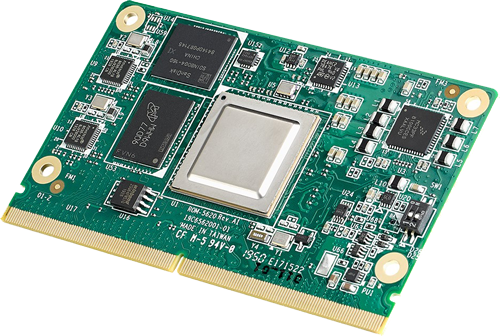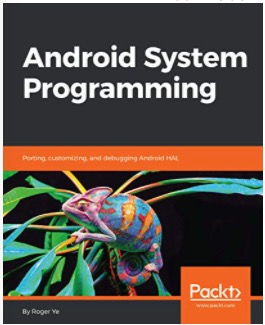Recent Posts
ARM Cortex Automotive-Grade SoC (System on Chip) With Two CAN Bus Interfaces Supports Linux And Android BSP
Posted by on
Advantech announced the release of its ROM-5620 Smarc 2.1 module, its first Arm Cortex A35 based on the NXP i.MX8X application processor. The product is especially applicable for automation equipment and HMI (human-machine interface) devices.
The product adopts an automotive-grade SoC (System on Chip) and associated industrial-grade components that provide an operating temperature range from -40 °C to +85 °C. It is equipped with AIM-Linux and Wise-Deviceon software services and offers industrial-focused applications and SDK add-ons within the Linux BSP.
Furthermore, two CAN (Controller Area Network) interfaces are available, allowing an extension to the CANopen and SAE J1939 higher-layer protocols. Additional features incorporate two GbE Ethernet controllers, software-configurable display solutions with dual-channel LVDS or MIPI-DSI, and a range of I/O interfaces such as PCIe 3.0, USB 3.0, and 4-Lane MIPI-CSI2.
The module is powered by NXP’s i.MX 8X SoC, with two core to four energy-efficient Cortex-A35 processor cores for mid-range automation and industrial market segments. One Cortex-M4F core is dedicated to real-time processing, and one Tensilica Hi-Fi 4 DSP applies to audio and voice codec execution. For increased graphic performance, the Vivante GC7000 Lite GPU provides 4000 H.265 capable decoders and a dual 1080P60 display controller.
Features
- NXP i.MX 8X processor with 2-4 x Arm Cortex-A35 cores
- Onboard 2GB LPDDR4 memory and 16GB eMMC
- 2 x single channel LVDS or 2 x 4-lane MIPI DSI
- 1 x USB 3.0, 1 x USB 2.0 Host, 1 x USB 2.0 OTG, 2 x CAN, 3 x UART, 4 x I2C, 12 x GPIO, 1 x PCIe 3.0, 1 x 4-lane MIPI CSI camera input and 2 x Gigabit LAN
- Supports OpenGL 3.0/2.1 ; OpenGL ES 3.1/3.0/2.0/1.1 and OpenCL 2.0 hardware accelerators
- Supports 4K hardware decode engine
- Low power consumption design
- Supports Linux and Android BSP
Android System Programming: Porting, Customizing, and Debugging
Android system programming requires both hardware and software knowledge to work on system-level programming. As a developer, you'll need to use different techniques to debug various components in target devices. To tackle a variety of challenges, a sufficient understanding of this domain is crucial. With this book, you'll not only understand the concepts and techniques you need for Android system programming but also be ready to work on projects and develop your debugging skills.
The book starts by helping you explore the basic setup of the Android Open Source Project (AOSP), and build and test an emulator image. Next, you'll start building a project and learn how to customize and extend the Android emulator. As you progress, you'll get insights into building your Android system on VirtualBox. Later chapters focus on how to debug the init process, resolve the bootloader issue, and enable a range of hardware interfaces.
 Loading... Please wait...
Loading... Please wait...


